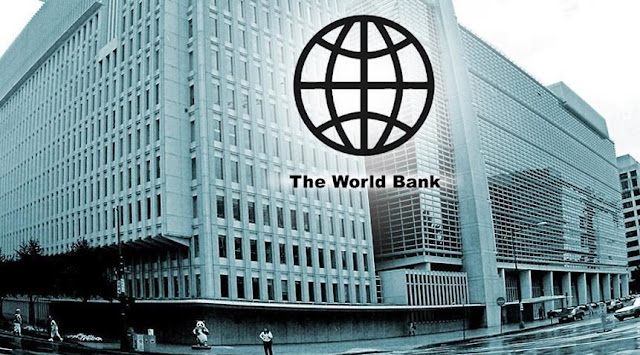 |
| The World Bank Group headquarters building in Washington, D.C |
The second area is the improvement of efficient investments in human capital. "Starting from childhood and throughout the life cycle, investments in human capital need to be bigger and more efficient. In education, greater investment in teaching and assessment is a priority, along with funding based on the end result and health services, which need more support in daycare and outpatient care, while the master plan for hospitals is implemented. Increasing attention to human resources in areas where there are significant shortages is a priority, " said the WB.
Another area is improving infrastructure, disaster resilience, and energy diversification. To speed up the process towards achieving European Union standards, the report states that Albania needs to continue investing in infrastructure (especially maintenance) as well as digital interconnection to increase the flow of goods, people and information within and between borders. "At the same time, the annual losses in infrastructure from repeated floods and those caused by earthquakes such as those of 2019 raise the task of giving priority to infrastructure investments that are elastic to disasters," estimates the WB. In terms of energy, the emphasis is on the diversification.
The fourth area is to strengthen the capacity of local government to increase revenue and provide services. To reduce inequality between services and opportunities, it is important to increase the capacity of local government at all levels, including their responsibility to communities. Providing taxation, transfers from central government conditional on inter-municipal coordination results, and regulating competencies over local resources would help strengthen local government service delivery,” the report said.
The fifth area is to strengthen the efficiency of redistribution by the state.
This means that Albania needs to strengthen a comprehensive growth model. "Integrating social assistance and labor mediation services is essential to ensure that the most affected people have greater access to income opportunities, to increase them towards the middle class, and to provide better protection later in life.
A softer transition from school to work will help young people reduce the risks of unemployment and inactivity. In the end, reducing informality by raising awareness of tax payments is the only sustainable way to ensure a more equal society, but this can only happen if taxation and the redistribution system are transparent and accountable.”

